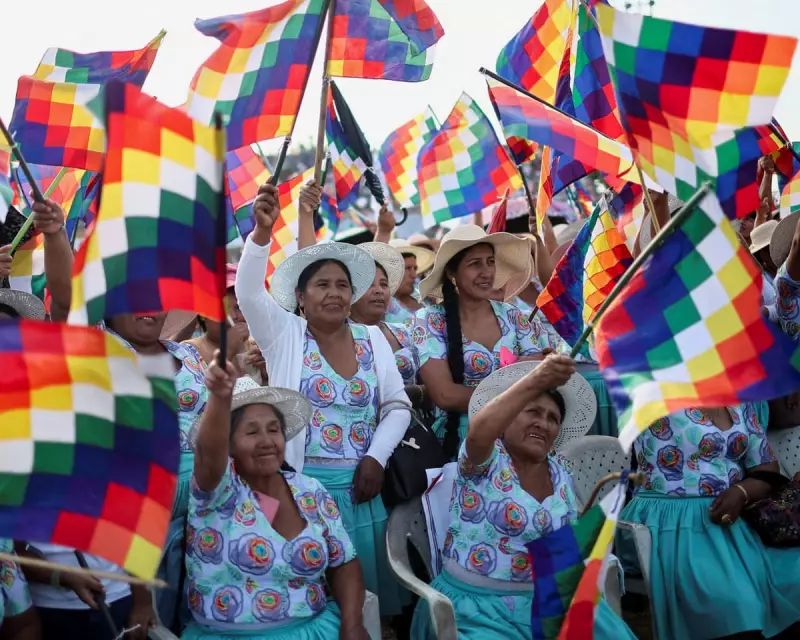
In a historic turn of events, Bolivia has elected its first right-wing president in nearly two decades, marking a seismic shift in the country's political direction. Luis Fernando Camacho, the conservative former governor of Santa Cruz, claimed victory with 54% of the vote in Sunday's runoff election, defeating his leftist rival David Choquehuanca.
A New Era for Bolivian Politics
The election results signal a dramatic reversal for Bolivia, which has been governed by socialist leaders since 2006. Camacho's victory represents a clear rejection of the Movement for Socialism (MAS) party that dominated Bolivian politics under former presidents Evo Morales and Luis Arce.
What This Means for Bolivia
- Economic policy overhaul expected
- Potential shift in foreign relations
- Changes to indigenous rights policies
- Market-friendly reforms anticipated
International Reactions
The election outcome has drawn mixed responses globally. While Western nations have welcomed the result as a return to democratic norms, left-wing governments in Latin America have expressed concerns about potential policy reversals. Analysts suggest this could realign Bolivia's position in regional geopolitics.
Challenges Ahead
Camacho faces significant challenges in uniting a politically divided nation and addressing Bolivia's economic struggles. His promises to attract foreign investment and combat corruption will be closely watched by both supporters and critics.





